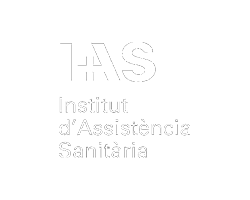For patients
For patients
ADHD treatment
The main therapeutic strategies for treating ADHD are pharmacological, psychological and educational. ADHD can be treated with several medications, but there are significant differences between these in terms of efficacy and side effects. We have developed TDApp to help patients engage in selecting treatment. To do this, TDApp asks you to specify the goals you want to achieve with treatment and the side effects you do not want to experience. With this information, TDApp identifies the medications which best suit your preferences.
How can ADHD be treated?
ADHD can be treated using various therapeutic interventions or a combination of these interventions. Pharmacological, psychological and educational treatments are the most studied and most used. TDApp is a tool which helps identify the medications most likely to suit your preferences.
What medications are available to treat ADHD?
ADHD medications can be divided into two groups: stimulants and non-stimulants. Methylphenidate or amphetamine derivatives are examples of stimulants, and atomoxetine or guanfacine are examples of non-stimulants. Both stimulants and non-stimulants appear to increase catecholamines, substances used by brain neurons which play an essential role in regulating thought and attention.
In many people, medication improves ADHD symptoms by improving their ability to focus, work, and learn. Research suggests that some medications improve effects of ADHD such as being prone to accidents or developing substance dependence.
Medications for treating ADHD differ in both their efficacy and the side effects they produce.
What psychotherapy treatment is available for ADHD?
Many types of psychotherapies have been researched, but it is still unclear whether they improve ability to pay attention, hyperactivity, restlessness or impulsiveness. However, some studies have shown that psychotherapy can help both patients and their families cope better with daily challenges. Psychotherapy provides strategies to help maintain a routine, schedule and organise daily activities, use task organisers, and therefore manage the symptoms of ADHD.
What educational training is available for ADHD?
Educational training means educating patients, parents, relatives and teachers about ADHD and its outcomes. Learning about ADHD enables patients, parents, relatives and teachers to change their understanding of ADHD, helping them to manage frustrations and face daily problems more easily. This improves the relationships ADHD patients have with family members and teachers.
Are there other treatments for ADHD?
Yes. Some studies suggest that changes in diet or the neuropsychological treatment neurofeedback could also be effective. However, these treatments are still under study, and therefore not generally used on ADHD patients.
How can TDApp help to treat ADHD?
TDApp can be used to help identify which medicine is best suited to your characteristics and preferences. It will ask you what goals you want to achieve with treatment, and which side effects you want to avoid. TDApp is connected to a database of comprehensive information on medications used to treat ADHD and will search for the medication most likely to fit your preferences.
Access to the TDApp Patient Form
ADHD helps people with ADHD or their families get involved in making decisions that affect the treatment of ADHD. Choose the goals you want to achieve.
Access to the TDApp Patient Form
ADHD helps people with ADHD or their families get involved in making decisions that affect the treatment of ADHD. Choose the goals you want to achieve.














